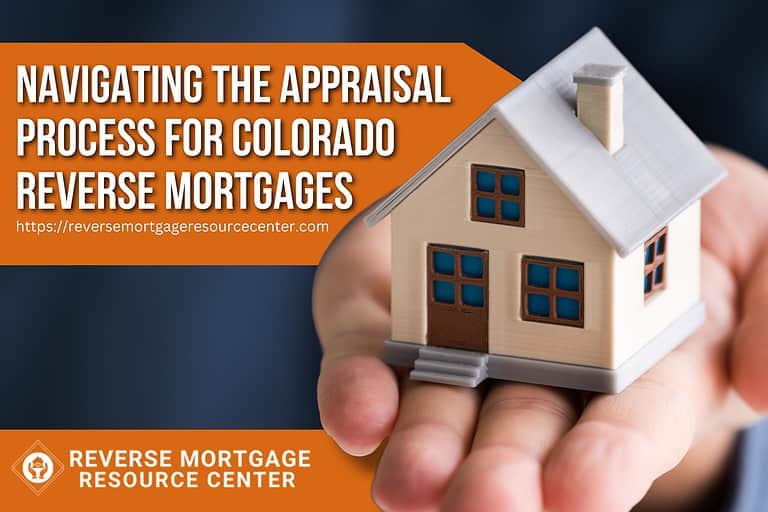Healthcare Costs in Nevada: Mitigating Expenses with a Reverse Mortgage
Healthcare prices in Nevada, as in many other parts of the country, have been steadily rising for several years. As the population ages and medical technology advances, healthcare costs can become a financial hardship for many individuals and families. In this article, we will look at the issues created by Nevada’s healthcare costs and how a reverse mortgage can be a useful financial instrument in helping to offset these costs.
The Rising Tide of Healthcare Costs
Nevada, famed for its beautiful scenery and thriving communities, faces a major problem with rising healthcare expenditures. While the state provides world-class medical facilities and services, these benefits are frequently costly. The following reasons are contributing to increased healthcare expenditures in Nevada:
1. Aging Population
Like much of the rest of the country, Nevada is undergoing a demographic shift, with an increase in the proportion of elderly citizens. Individuals tend to require more regular medical care and treatments as they age, increasing healthcare costs. The strain on healthcare resources is palpable as the aging population increases service demand.
2. Limited Access to Affordable Care
Many Nevada citizens, particularly those living in rural areas, struggle with access to affordable healthcare services. This limited access might cause treatment delays and, in certain situations, exacerbate medical issues, resulting in increased long-term healthcare expenses. People may be required to travel vast distances to receive specialist care, spending more costs and taking time away from work or family.
3. High Cost of Prescription Medications
Prescription drugs might be unreasonably expensive in Nevada. These expenditures can financially burden people with chronic ailments or serious illnesses. Balancing the need for critical prescriptions with other everyday expenses can be tough, forcing some people to choose between their health and financial security.
4. Health Insurance Premiums
Individuals and families are finding it increasingly difficult to afford comprehensive health insurance coverage as premiums continue to rise. As a result, many people are underinsured or have no coverage at all. Balancing premium payments with other critical obligations can be a constant juggling act for individuals on fixed incomes, such as retirees.
The Reverse Mortgage Solution
While healthcare bills might be overwhelming, a reverse mortgage can be a practical and effective way to reduce these costs. A reverse mortgage enables homeowners 62 and older to turn a portion of their home equity into income tax-free funds without selling their house or making monthly mortgage payments. Here’s how it works and why it can be a useful tool in healthcare cost management:
1. Access to Home Equity
One of the most significant advantages of a reverse mortgage is that it allows homeowners to access the equity they have built up in their houses over time. Without the requirement for a traditional loan, this equity can be used to cover various bills, including healthcare costs. Homeowners can access the equity in their homes, offering a financial safety net in case of unforeseen medical bills.
2. No Monthly Mortgage Payments
Unlike ordinary mortgages, reverse mortgages do not require borrowers to make monthly payments. This is a significant benefit for seniors on fixed incomes who may struggle to pay continuing financial responsibilities, such as healthcare costs. Because there are no monthly payments, retirees can use funds for vital healthcare needs, lowering financial stress.
3. Flexibility in Disbursement Options
Borrowers with a reverse mortgage have options on how they receive the loan proceeds. They can receive a one-time lump sum, a line of credit, monthly disbursements, or a combination thereof. This adaptability enables homeowners to tailor their financial approach to their healthcare requirements. For example, it’s convenient to have a line of credit to draw on when healthcare bills emerge.
4. Stay in Your Home
One of the primary benefits of a reverse mortgage is that it allows elders to stay in their homes. This is especially true while dealing with health concerns, as the familiarity and comfort of one’s home can substantially impact general well-being. Seniors can receive the care they require while remaining in the environment they value, preserving their independence and stability.
Wrap Up
Healthcare costs in Nevada, as in many other parts of the country, are a considerable financial burden for people and families. However, a reverse mortgage can be an effective instrument for paying for these costs. A reverse mortgage allows seniors to fund their healthcare bills while remaining in the comfort of their own homes by offering access to home equity without the burden of monthly mortgage payments.
To decide if a reverse mortgage is the correct answer for your circumstances, consult with a qualified reverse mortgage lender and financial counselor. As healthcare costs climb, solutions such as a reverse mortgage can provide financial security and peace of mind throughout your retirement years in Nevada. Adopting this financial tool can assist you in navigating the hurdles of healthcare costs while retaining your quality of life and independence.
REVERSE MORTGAGE RESOURCE CENTER ~LIVE LIFE ON YOUR TERMS~
Our Lending Team has been serving our clients since 2004. We are passionate about serving our clients with integrity to help them achieve their financial goals.







